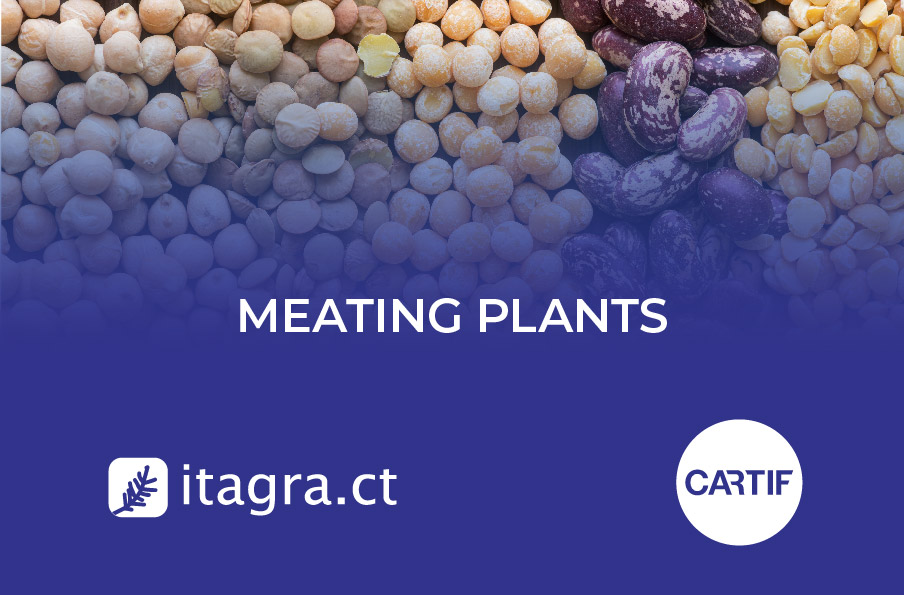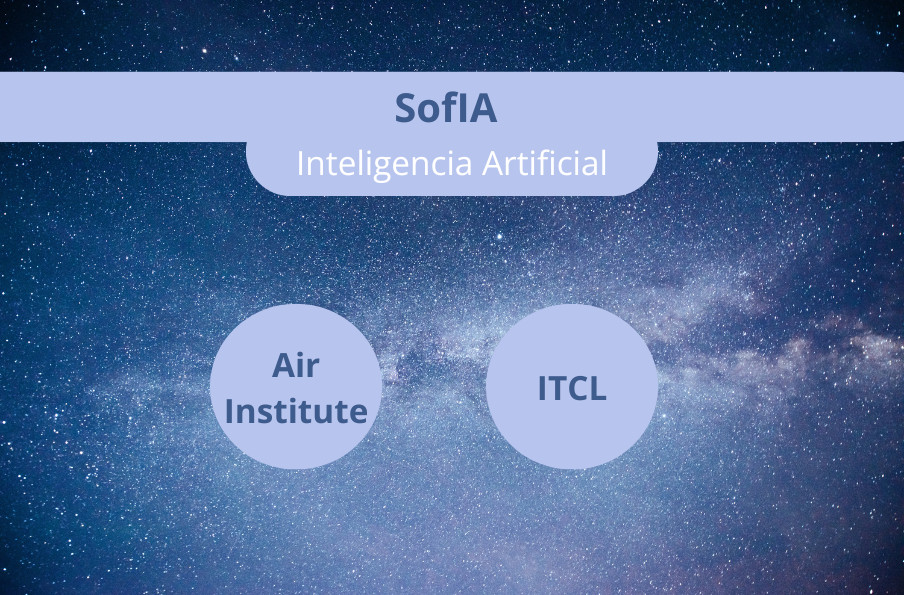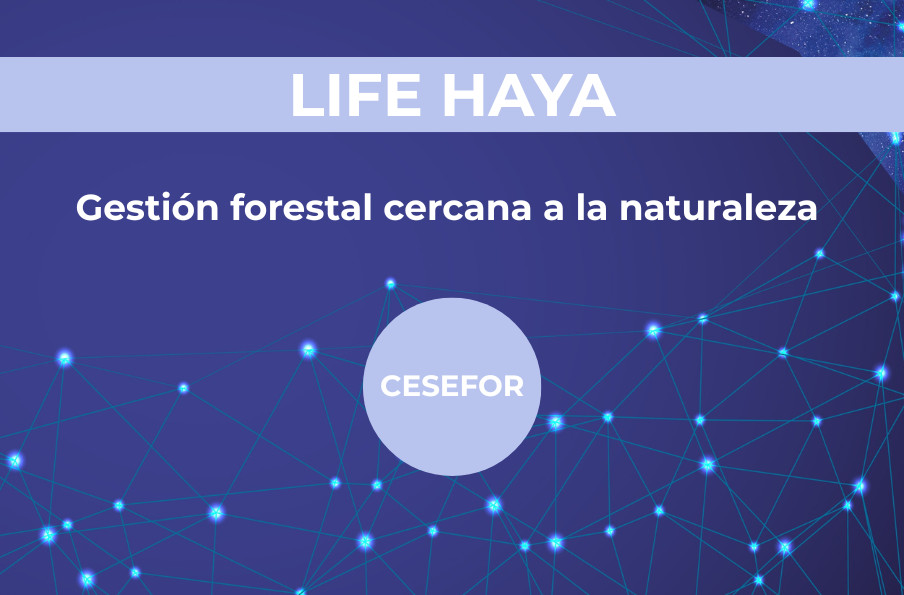The ‘Meating Plants’ project uses pioneering technologies such as extrusion and texturization to create foods based on indigenous plant proteins, driving sustainability and innovation in the food sector.

Collaborations between technology centers are transforming the future of the food sector in Castilla y León. A clear example of this synergy is the “Meating Plants” project, led by the centers Cartif e ItagraThis project unites their capacities to develop products based on native proteins, creating vegetable foods with textures and characteristics analogous to traditional meat products.
The success of this project lies in the combination of advanced technologies such as extrusion and texturization, along with the use of vegetable by-products, to create innovative foods that not only replicate the meat experience, but also contribute to more sustainable and environmentally friendly production. These collaborations are powerful because each facility brings its unique expertise to the table: Cartif specializes in applied research and process development, whereas Itagra excels in crop valorization and the study of their functional properties.
Why is it a successful model?
The alliance between Cartif e Itagra drives technological innovation, but also strengthens the local business and agricultural fabric by promoting the cultivation of native legumes and the use of by-products from the region. In addition, the project aligns with the demands of the modern consumer, offering clean label products, free of additives, and contributing to the reduction of food waste, thus supporting a circular economy.
Technological innovation and sustainability as a value contribution
The use of pioneering technologies such as extrusion and texturization makes it possible to transform vegetable proteins into products with physicochemical and organoleptic properties similar to meat, offering consumers a vegetarian vegetable food option without sacrificing the texture and flavor they are looking for. This opens up a world of possibilities for the food industry, expanding its range of products and offering more sustainable alternatives.
Key contributions to the project:
- Innovation in the development of new foods: Extrusion and texturization technologies, combined with the use of indigenous vegetable proteins and by-products, make it possible to create a range of products with physicochemical and sensory properties similar to meat.
- Sustainability and circular economy: The use of local legumes and vegetable by-products not only contributes to the reduction of food waste, but also supports the development of a circular economy, promoting the cultivation and valorization of regional agricultural resources.
- Healthy and attractive alternatives: The products developed offer healthy alternatives, without additives, with a clean label and suitable for vegetarian and flexitarian diets (omnivorous diet), responding to current consumer trends.
Model of successful collaboration
The “Meating Plants” project is a clear example of how strategic collaborations between technology centers and the business sector, together with essential partners such as Campofrío and Huercasa, drive innovation in plant products, generating tangible and transformative results.
Initiatives such as this not only boost technological development, but also promote a more sustainable and local food, contributing to the growth and competitiveness of Castilla y León in the field of food innovation.
CartifCartif is a specialist in the development of industrial processes and innovative technological applications, bringing its expertise in extrusion and texturization technologies to optimize the transformation of vegetable proteins.
ItagraFocused on agricultural research and the valorization of local crops, its work is key in the selection and evaluation of raw materials, ensuring the viability of the project from the agricultural phase to the final product.
These powerful collaborations are the engine that is driving innovation in the region, opening up new opportunities for the development of high value-added food products and contributing to a more sustainable future.
The ‘Meating Plants’ project demonstrates how the integration of pioneering technologies and innovative materials can transform the food landscape, offering high quality and sustainable plant-based products that meet the expectations of the modern consumer.
R&D projects in effective collaboration between technology centers and companies of Castilla y León co-financed with ERDF 2014 – 2020 (COLLABORATION CENTERS)











